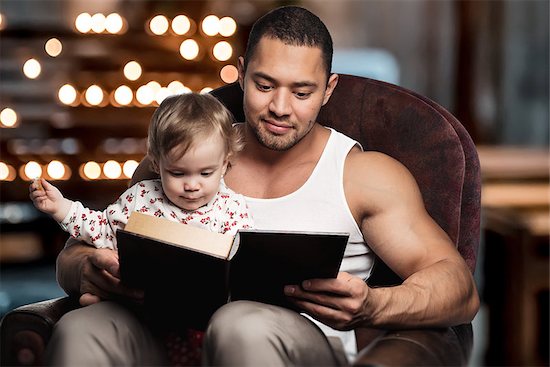Is Social Media Distorting Traditional Concepts of Belonging and Connecting?

Human beings are hard-wired with a need to belong. From our hunter-gatherer ancestors, through the formation of our cultures, right to the present day, humans have been sociable animals. We form thousands of tiny connections and interactions over the course of our daily lives.
It could be argued that the modern world is the very pinnacle of this. Our lives are now coloured with the lights of millions of tiny screens, each providing a conduit of connection and communication, bringing us ever closer together in an endless exchange of ideas and opinions. With 16 million active Facebook users in Australia and smartphones constituting over 78% of mobile devices as of 2015, it is safe to say that mobile social media has taken the country by storm. But, is this really the helping or is this just skewing and distorting our long-held values of belonging and communication?
In recent weeks we have discussed the human need to 'belong' and the role that connection plays in this. This connection has been the source of our morality for generations through the oral tradition of fairy tales and fables. Much of European moral convention and understanding is drawn from the writing of Jakob and Wilhelm Grimm, or Hans Christian Anderson, or Aesop, which in turn has been passed down from one generation to another - via bedtime stories or other examples of traditional communication - for centuries.
Here in Australia, we can also draw from traditional Indigenous beliefs and stories and on the totems which provide profound and lasting connections to our rich and diverse past. These traditions continue to serve as guides to all young Australians; an ageless gift from our First Peoples.
This combination of European stories rich in meaning and symbolism, and the ancient cultures and beliefs of the land which we call our own, has enabled Australians to build a set of fundamental values around which modern life is based. This is how we derive our understanding of how to conduct ourselves, of how to treat others, and of the treatment we can expect in return.
And where does social media fit into this? It could be argued that social media has distorted it. Once upon a time – to lift a phrase directly from the pages of fairy tales themselves - after a child's playtime, it was family time; a time during which parents or older siblings could pass on the wisdom which the younger generation needs to foster a sense of belonging within family structures and within wider social ones.
Today, young people remain connected to the outside world constantly. It may be difficult for families to form vital interactions that can compete with the addictive quality of information flow on social media. Perhaps, it may be said, this is removing some of the opportunity for young Australians to grow and develop emotionally in their formative years.
It could also said to be that social media is merely the latest ste
Margaret Bell, AM - Founder and CEO of Chain Reaction Foundation.
| Website | Donate to our Purple Heart Appeal | Contact Us | Purchase the Book |
